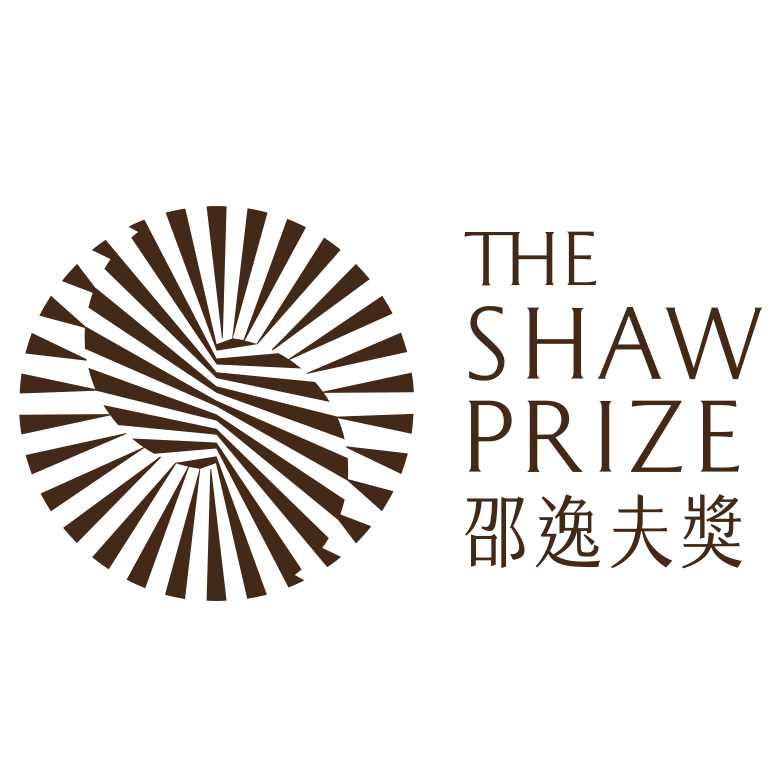
The Shaw Prize is an international award to honour individuals, regardless of race, nationality, gender, or religious belief, who are currently active in their respective fields and who have recently achieved distinguished and significant advances, who have made outstanding contributions in academic and scientific research or applications, or who, in other domains, have achieved excellence.
The award is dedicated to furthering societal progress, enhancing quality of life, and enriching humanity's spiritual civilization. The Shaw Prize consists of three annual awards: the Prize in Astronomy, the Prize in Life Science and Medicine, and the Prize in Mathematical Sciences. Each prize carries a monetary award of one million two hundred thousand US dollars.
The Shaw Prize, established under the auspices of Mr Run Run Shaw in November 2002, is managed and administered by The Shaw Prize Foundation based in Hong Kong.
The Shaw Prize in Mathematical Sciences 2024 is awarded to Peter Sarnak, Gopal Prasad Professor, School of Mathematics, Institute for Advanced Study, and Eugene Higgins Professor of Mathematics, Princeton University, USA, for his development of the arithmetic theory of thin groups and the affine sieve, by bringing together number theory, analysis, combinatorics, dynamics, geometry, and spectral theory.
A natural number is called a prime number if it is larger than 1 and is not the product of two strictly smaller natural numbers, which themselves are larger than 1. For example, 2 is a prime number, but 4 = 2 × 2 is not. Euclid’s theorem (circa 300 BCE) asserts that any natural number other than 0 and 1 is the product of prime numbers, and that there are infinitely many prime numbers. The study of the distribution of prime numbers is a core topic in Number Theory.

Forrás: shawprize.org
